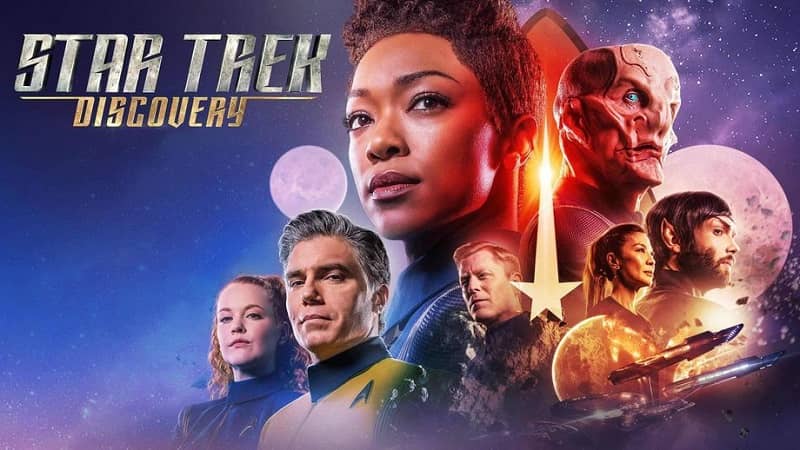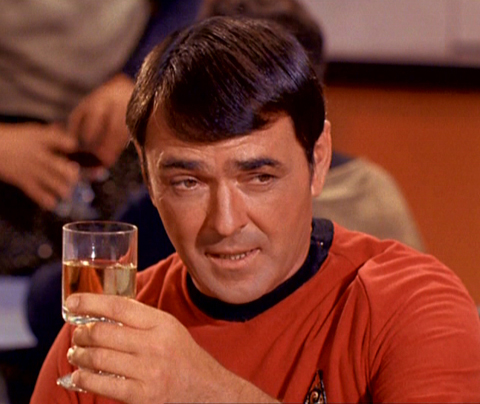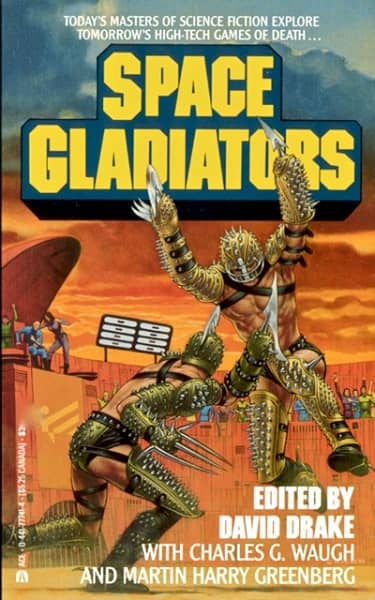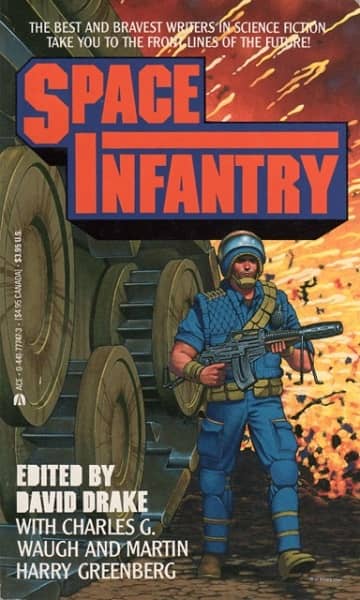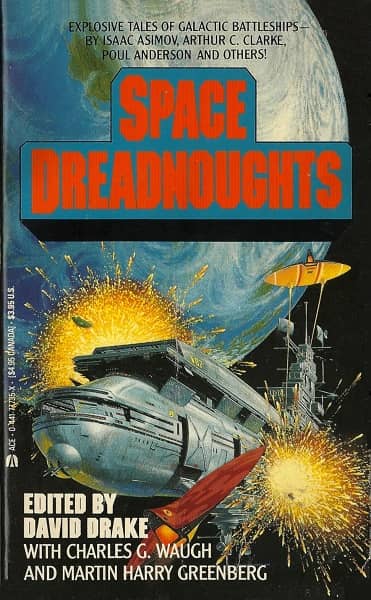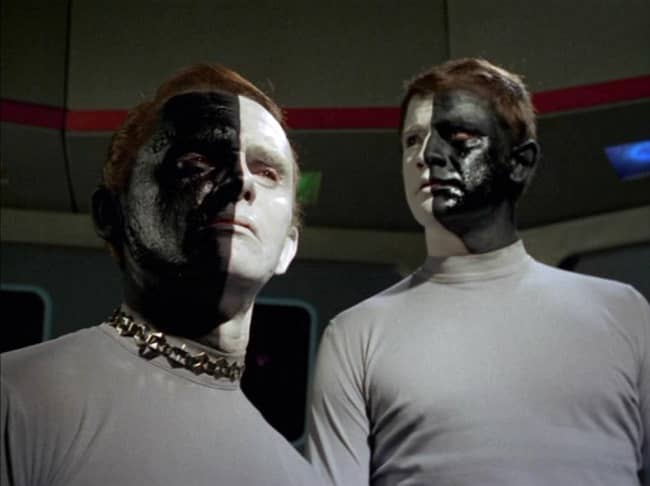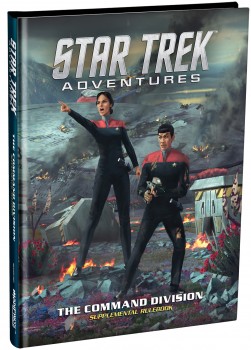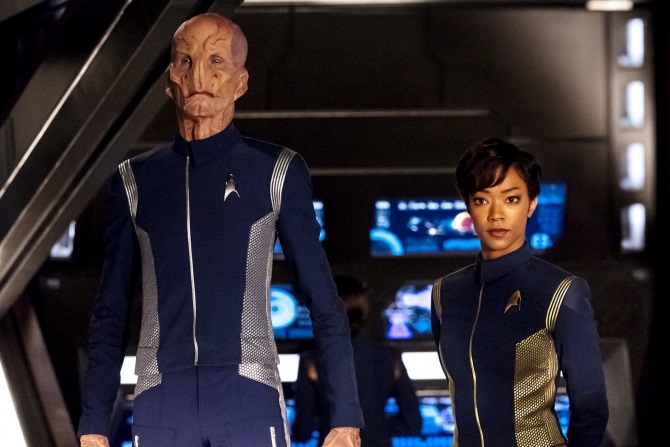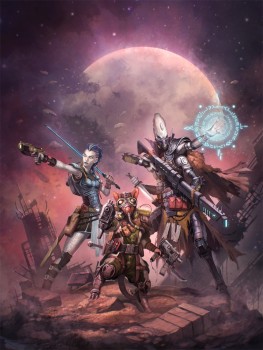One Impossible Thing at a Time: Star Trek: Picard
It’s not the way I would have done it.
But it is pretty close!
Star Trek: Picard (ST:P), now available for free at CBS All Access, is the antidote to Star Trek: Discovery. As opposed to the heedless headlong rush of Discovery, Picard takes its time, building a story slowly and meticulously.
Others have said it before and likely better, but I’m going to say it myself — ST:P is made to appeal to people of, well, a certain age. Maybe age is not the right word, maybe it is made to appeal to people of a certain mileage. A mileage that includes some success, some failure, some pain, some loss, and some punishment for good deeds. ST:P has, as some of the best Star Trek has, a kind of multi-level relevance that is hard to beat.
Speaking of which, some people object to the overt political message of this series. I am not one of those people. If you are one of those people, hey guess what, we’re not gonna agree.
And, of course, it has Patrick Stewart, an iconic actor, reprising his iconic role as Jean Luc Picard.
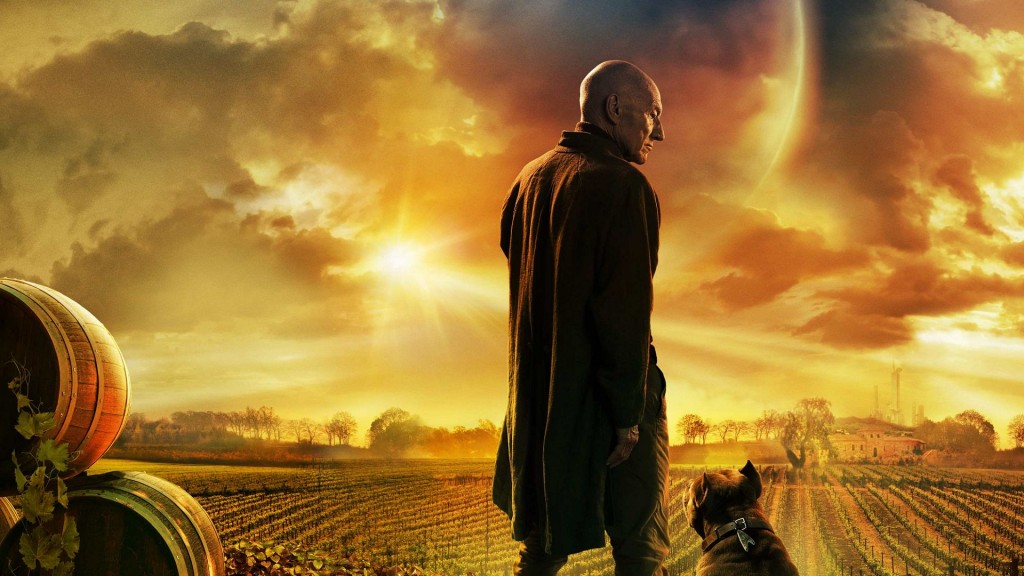
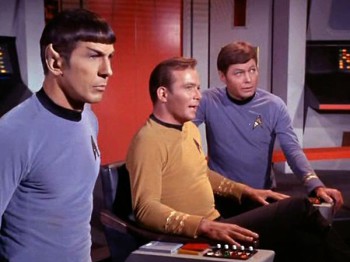 Do you remember your first hero? Any kind of hero. It could have been a hero from a movie or a book or a television show, even a hero from real life.
Do you remember your first hero? Any kind of hero. It could have been a hero from a movie or a book or a television show, even a hero from real life.